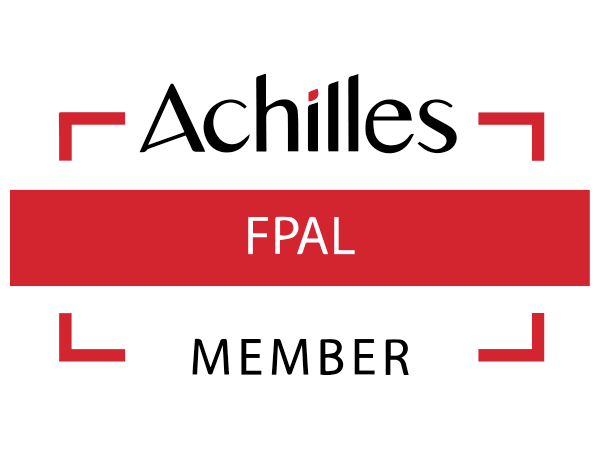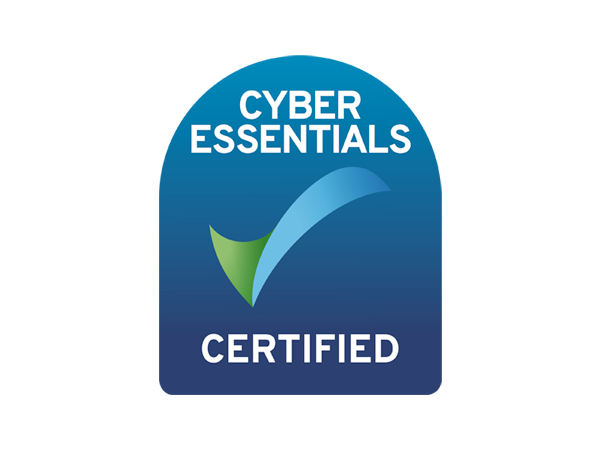Introduction:
In the oil industry, as in most other sectors of the macro economy, government’s major source of internally generated revenue has always been through taxation.
Taxation and Tax regimes of oil & gas exploration and production are however more complex as a result of the complexity of hydrocarbon exploitation itself.
Government has always intended to maximize their tax revenue, but not without difficulties particularly with respect to the petroleum industry. The foregoing has therefore being responsible for the need to thoroughly understand tax regimes and how to use them in maximizing tax revenue. This is essentially what this course sees to achieve.
Course Description:
In this five day program, the emphasis is to elucidate the various tax regimes and how they have been formulated in terms of the underlying factors. We would endeavor to examine the various country tax laws.
Similarly, this course which will be delivered in a workshop setting and will bring to bear on the attendees the importance of the factors that underpin maximum generation of petroleum tax revenue; A sensitivity analysis of the significance of such variations in such factors, as well as the typical computation of petroleum taxes under various country legislations will also be carried out.
Course contents:
- Oil & Gas Exploration & Production Contract Types & Fiscal Policy.
- Contributory Factors to The Design & Choice Of Fiscal System By Host Governments
- Example Fiscal System of Two Countries with Similar Crude: (Country comparisons)
- Crude Pricing Mechanism
- The Concept of Licenses, Royalties & Bonuses
- Special Taxation Measures
- Tax Payment in UK
- JV & PSC Taxation Regimes
- Taxation & Corporation Tax Computation
- Tax Administration
- UK Tax Authority Working Model
- Quantifying Petroleum Revenue & Chargeable Tax
- Tax Policy, Tax Audit & Flow of Tax Revenue & Funds
- Types of Fiscal Devices in Various Countries
- VAT and Oil & Gas E&P
Who Should Attend?
- Petroleum Economists
- Financial Analysts
- Accountant
- Lawyers


